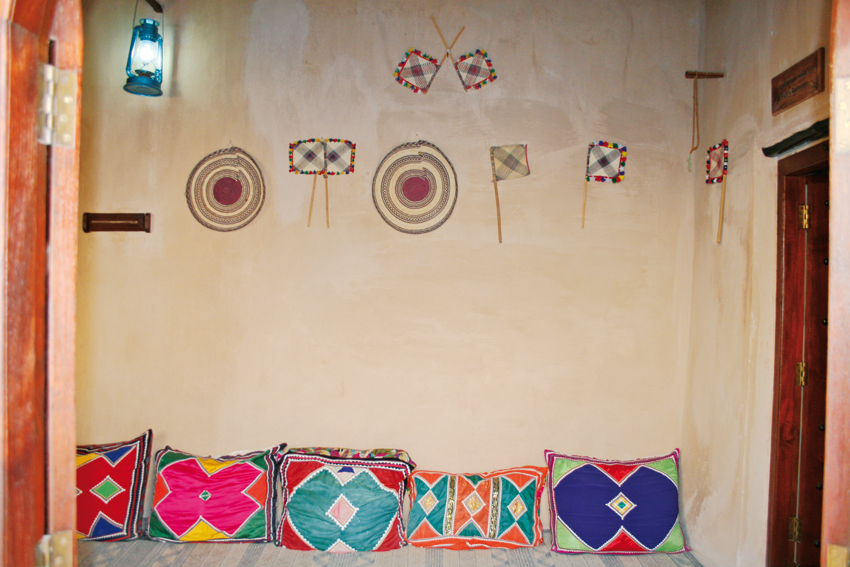

Kaushalendra Singh -
MUSCAT, march 3 -



Today Taqah attracts a diverse section of tourists, who are eager to explore its serenity, bird watching, nature photography, or just enjoy by picnicking on the remote sandy beaches. In the past it served as a major trade centre from where Arabs, Greeks, Persians, Indians and Africans used to deal in frankincense, myrrh and many other goods.
It was a window to the other world, as the Arabic word Taqah stands for an arched shape window. The aroma of frankincense was one of the main attractions for the traders of those times to come to Taqah. Similar was the case with myrrh, an aromatic oleoresin of a number of small, thorny tree species of the genus Commiphora, which grow in dry, stony soil, was great in demand. An oleoresin is a natural blend of an essential oil and a resin, while myrrh resin is a natural gum.
And the Taqah castle served as the administrative link for the traders coming from several directions. Built in the 19th century Taqah castle is one of Dhofar’s most distinguished landmarks. “It served as the official residence and administrative centre for local governors (walis) till 1984 and it was the place where the walis used to receive members of the public in the castle’s main entrance hall, or barza. Here, they would greet dignitaries, discuss local issues and arbitrate in the case of disputes,” said one tourism document while explaining the importance of the place.
A visit to Salalah is not complete without a having a glimpse at the well-kept Taqah castle thanks to its frequent mention and history and culture attached to it.
“The castle was designed to withstand time, enemies and the annual onslaught of the khareef. Its walls were constructed from solid blocks of ‘Taqah Stone’, a local limestone material composed chiefly of fossilised shells and corals, which was used extensively in ancient times and can still be seen at many archaeological sites in the region. The blocks were hand cut from shallow quarries using pikes and wedges, and sealed with a protective layer of plaster,” said the document.
ln keeping with the defensive requirements of the day, the castle’s ground floor rooms were occupied by a large retinue of soldiers and servants, who protected the wali and tended to the needs of his visitors. “As a further measure of protecection, large quantities of dried fish, grain, dates and other vitaI supplies were stockpiled in the castle’s food stores. There were also special stores for weaponry and firewood.”
A well (tawi) in the courtyard of the castle ensured abundant supply of fresh water and the well-ventilated outdoor oven (tannur) served as place for roasting meat or fish and daily baking of bread.
“Adjacent to the courtyard stood a small roofless jail where prisoners were kept under the watchful eye of the Wali’s soldiers. Visitor James Theodore Bent has termed the arrangements at Taqah castle as “elaborate”.
“An elegant suite on the upper level of the castle was reserved for the use of the Wali and his family and an airy lobby with interconnected bedrooms provided space for close friends and family members to take light refreshment and share the news of the day. Adjoining the family suite was a format sitting room or ‘majlis, where the Wali entertained favourable guests and held private discussions.”
On the rooftop of the castle there were special morning, afternoon and evening resting places which were used during the cooler months of the year.
The castle has interesting exhibits. It retains the intimate atmosphere of a real lived-in home. The principal rooms depict the wealth it contained as also the items of everyday use. “This fascinating collection, added to the castle with each passing generation, which constitutes an important record of regional culture.”
Interestingly, Taqah still maintains an important place in Dhofar’s touristic map and keeps live the memories of past with activities like Taqah Fish Festival and many other events in between. The castle has good collection of terracotta potteries and porcelain plates and bowls obtained through trade with China, India, Europe and Zanzibar.
Oman Observer is now on the WhatsApp channel. Click here



